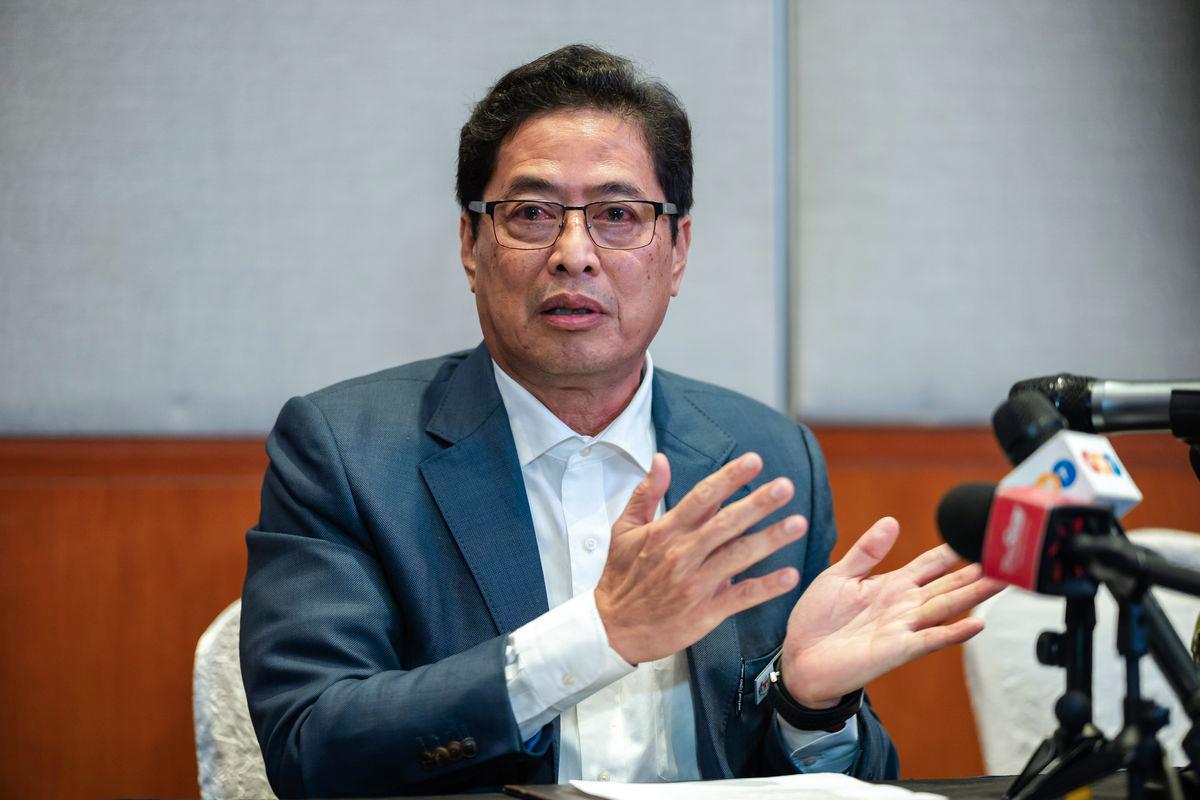PETALING JAYA: The Chief Commissioner of the Malaysian Anti-Corruption Commission (MACC), Tan Sri Azam Baki, recently confirmed that the RM177 million cash seizure in an investigation involving Malaysia’s ninth Prime Minister is among the largest he has encountered in his entire career.
Azam added that the RM53.3 million in cash found during the 2016 investigation into the Sabah State Water Department scandal is a close second—ranking among the largest amounts of cash seized during his 42-year tenure with the anti-graft agency.
While he did not explicitly name Datuk Seri Ismail Sabri Yaakob in reference to the probe, he stated that the volume of cash seized was so substantial that it produced what he referred to as the “scent of money”, as quoted from Harian Metro.
“Money is like a magnetic force that can cause a person to lose their moral compass and integrity, because when given a choice, they will always choose money.
“I still remember during a press conference in October 2016, I saw so much cash placed in a room at the MACC office in Sabah. Even if there had been faeces there, it wouldn’t have had a smell, because the scent that filled the room was the ‘fragrant smell of money’,” he was quoted as saying.
Azam also addressed allegations of “selective investigations”, which were raised during a press conference in March regarding the Ismail Sabri case.
“I responded: just look at the cash laid out on the table—does this look like a selective investigation?” Azam was quoted as saying.
At the press conference, the MACC displayed around RM170 million in cash in various international currencies, along with 16 kilogrammes of pure gold bars worth nearly RM7 million.
The items were displayed following the MACC’s disclosure that hundreds of millions in cash and valuables had been seized from three premises, including a “safehouse”, in connection with a corruption and money laundering case reportedly involving Ismail Sabri.
The seized cash included various currencies, such as Baht, Riyal, Pound Sterling, Won, Euro, Swiss Franc, and Yuan.
Azam also commented on the recent meeting of the Special Committee on Corruption (JKMR), where he acknowledged being questioned about allegations of systemic corruption in Malaysia.
“They asked me, and I responded — the corruption we are seeing today stems from past influences, such as upbringing by family members, personal attitudes, and the environments in which we were educated. In the past, we had leaders with the will to fight corruption, which led to the formation of the Anti-Corruption Agency (ACA).
“But once the national economy began to boom, and many people became wealthy through gains from the stock market, the pursuit of material wealth intensified.
“That was when integrity became a secondary concern. We also started teaching our children to chase success and wealth, rather than encouraging them to become responsible and principled individuals,” he was quoted as saying.









